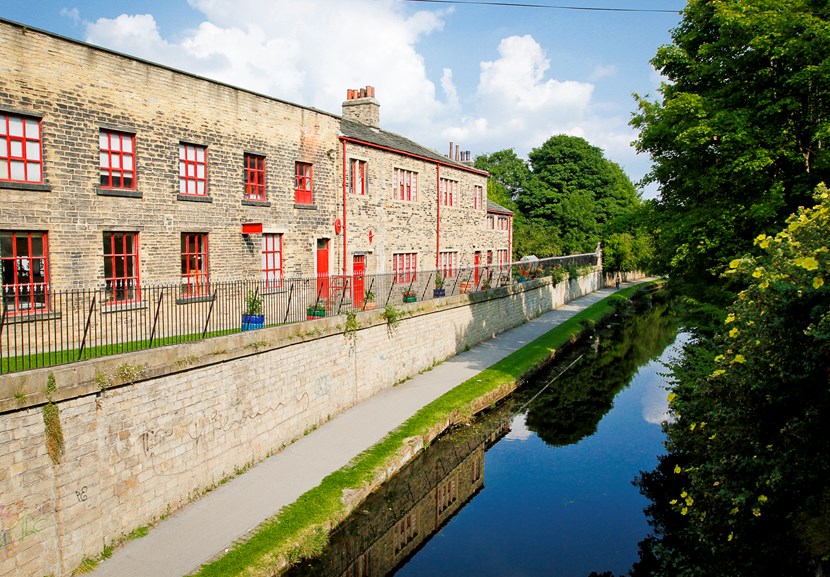
17 Mar 2016
Historic mill museum ready to open for business after flooding
Leeds Industrial Museum is ready to welcome back visitors next week after being forced to close by the record Boxing Day floods.
Parts of Armley’s historic former mill were submerged under eight feet of water in December, when flooding at the site reached levels three times higher than the catastrophic floods of 1866.
The ground floor of the museum, which was once the world’s largest woollen mill, was covered in up to a foot of silt and damage was also caused to the picnic area, fences and several windows and doors.
But following a mammoth clean-up effort by staff and council officers, the museum is finally ready to open to the public once again on March 22.
Sarah Barton, keeper at Leeds Industrial Museum, said: “We’re very excited to be welcoming visitors back to the museum and we’ve really missed being open to the public.
“It was heart-breaking to see the site flooded and to have to close, so it’s obviously been a tough couple of months for everyone who knows and loves the museum.
“But we’ve also been genuinely touched and humbled by the support we’ve had and it’s really helped motivate us to get back up and running, so we’d like to once again say thank you to everyone who has pitched in.”
The first recorded mention of Armley Mills was in the middle of the sixteenth century, when local clothier Richard Booth leased 'Armley Millnes' from Henry Saville.
By 1788, when it was purchased by Colonel Thomas Lloyd, a prosperous Leeds cloth merchant, it had grown into the largest woollen mill in the world.
It continued to operate commercially until the 1970s, when it finally closed as a business. The site was bought by Leeds City Council, re-opening in 1982 as Leeds Industrial Museum.
Today visitors can see machines from the golden age of industry in Leeds, discover how workers used the looms and spinning mules to turn wool into cloth, learn about tailoring techniques and find out about film in one of the world’s smallest 1920s cinemas.
Councillor Judith Blake, leader of Leeds City Council, said: “It was a devastating blow to see the damage caused by flooding at Leeds Industrial Museum, a place that has been such an integral part of the city’s industrial heritage for centuries.
“But in typical Leeds style, staff rolled up their sleeves straight away and have worked tirelessly over the weeks and months to get the site back up and running.
“It’s a response that really typifies the way the city has reacted to the floods- with unity, resilience and community spirit. I’d like to offer my personal thanks to everyone who has given up their time to help and I’ll look forward to seeing this historic site welcoming visitors once again.”
To celebrate re-opening, Leeds Industrial Museum will be hosting a range of Easter activities including mystery matinees in the cinema, spring themed crafts and creative writing workshops inspired by the current Women, Work and War exhibition.
The Armley Mills a Colourful Past exhibition has been extended until July 31 to give people chance to visit and the museum is also looking forward to taking part in National Mills Weekend in May.
Leeds Industrial Museum will also host its annual Wool Festival on Saturday, June 4.
The festival, one of the highlights of the museum’s calendar, will be returning for the third year and will include a market place with a selection of locally-produced yarn, craft tools and textiles for sale.
Thwaite Mills, which was also closed by the floods, also recently reopened.
For more information including opening times and prices, visit: www.leeds.gov.uk/armleymills
ENDS
For media enquiries, please contact:
Stuart Robinson
Communications Officer
Leeds City Council
Tel: 0113 224 3937
Email: stuart.robinson@leeds.gov.uk
For media enquiries contact:
Leeds City Council Communications team
communicationsteam@leeds.gov.uk